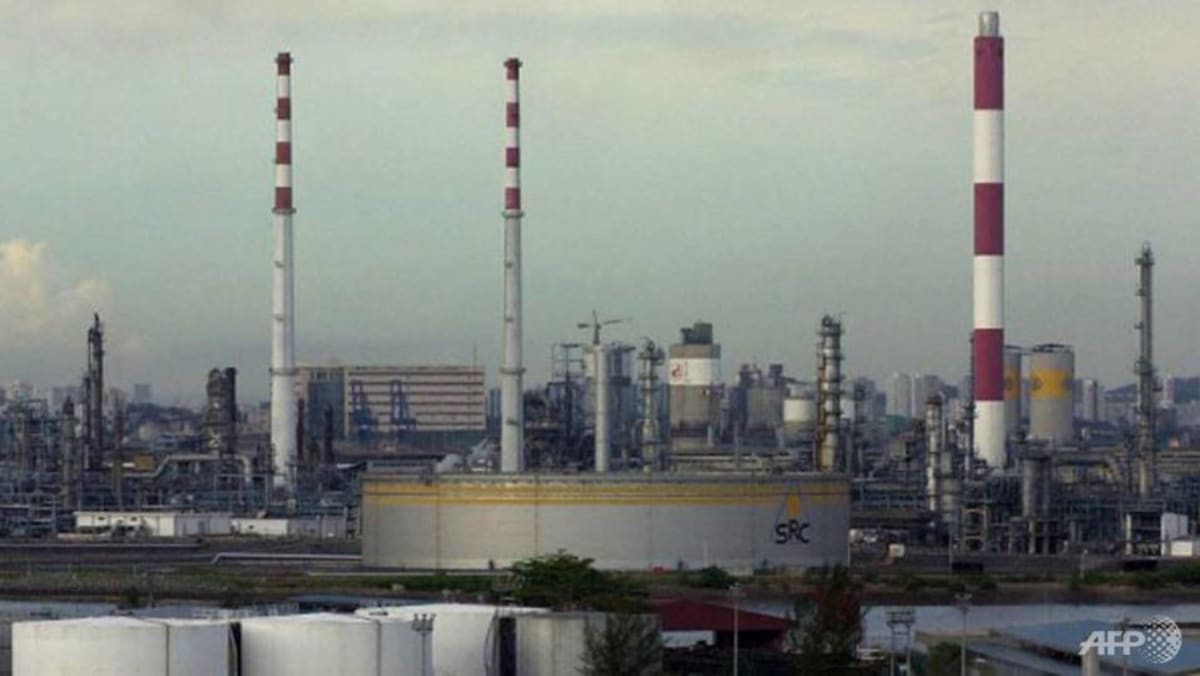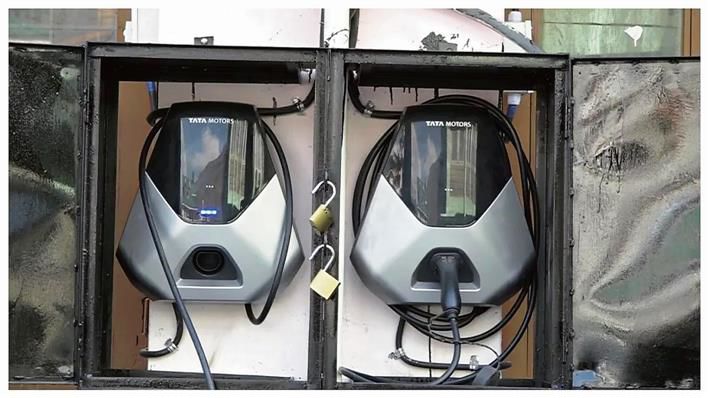Singapore, a prominent global energy and chemical hub, faces a growing challenge as young people show reluctance towards pursuing careers in the fossil fuel industry. This shift in perception raises concerns for the country’s long-standing petrochemical sector, historically a crucial driver of economic growth.
Calls for Universities to Divest from Fossil Fuel Ties
On January 17, Students For A Fossil Free Future (S4F) released a comprehensive report, urging an end to the fossil fuel industry’s influence on Singapore’s education system. The report sheds light on the connections between local universities and the fossil fuel sector, encompassing research funding, networking events, and sponsorships by major oil and gas companies. The call for divestment highlights concerns about potential self-censorship in research and the need to address the environmental impact of the fossil fuel industry.
Impact on Singapore’s Fossil Fuel Industry
The reluctance of young talent to join the oil and gas sector could have significant implications for Singapore’s fossil fuel industry, a critical contributor to the country’s GDP. With the nation ranking as the world’s third-largest exporter of petroleum, a potential disruption in talent recruitment may impact operations on Jurong Island and Bukom Island, dedicated to petrochemical activities. Balancing local job opportunities and the use of migrant workers becomes a crucial consideration for industry players.
Youth Perspective on the Energy Transition
Young people in Singapore are actively engaging in climate action initiatives and expressing a strong preference for careers aligned with clean energy and sustainability. Student-led organizations like Student Energy Singapore Chapter and the Clean Energy Club indicate a growing interest in accelerating the energy transition. The youth voice emphasizes the urgency of decarbonization and a desire for meaningful industry efforts to address climate change.
Adapting the Fossil Fuel Industry to Changing Perceptions
To attract fresh talent, oil and gas companies must adapt to the changing values and aspirations of the younger generation. The industry needs to communicate clear transformations towards decarbonization and highlight its role in supporting societal and industrial advancements. Initiatives such as cross-skilling programs, futuristic role development, and mentorship opportunities can bridge the generational gap and make the industry more appealing to young professionals.
Role of Universities in Bridging Perspectives
Universities play a crucial role in mediating discussions between the youth and the fossil fuel industry. Open and transparent conversations about Singapore’s talent landscape, post-pandemic challenges, and carbon constraints can help both parties better understand each other. Direct engagement projects, workplace pairings, and mentorship programs, including reverse mentoring, can foster a constructive dialogue and contribute to narrowing the gap between industry expectations and young professionals’ aspirations.
Building Bridges for a Sustainable Future
In conclusion, the evolving perception of the fossil fuel industry among Singapore’s youth poses challenges but also opportunities for transformation. Adapting to the values of the younger generation, communicating industry changes, and actively engaging in dialogue can help the oil and gas sector attract the right talent and contribute to a sustainable energy transition. The collaboration between universities, industry players, and the youth is crucial for building bridges towards a future that prioritizes both environmental sustainability and career aspirations.
Source: channelnewsasia.com





